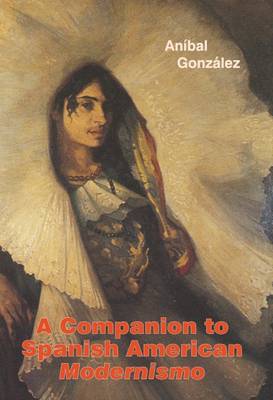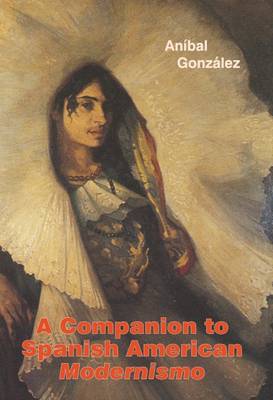
- Afhalen na 1 uur in een winkel met voorraad
- Gratis thuislevering in België vanaf € 30
- Ruim aanbod met 7 miljoen producten
- Afhalen na 1 uur in een winkel met voorraad
- Gratis thuislevering in België vanaf € 30
- Ruim aanbod met 7 miljoen producten
Zoeken
Omschrijving
'Modernismo', a literary movement of fundamental importance to Spanish America and Spain, occurred at the turn of the nineteenth century, roughly from the 1880s to the 1920s. It is widely regarded as the first Spanish-language literary movement that originated in the New World and that became influential in the "Mother Country," Spain. Characterized by the appropriation of French Symbolist aesthetics into Spanish-language literature, 'modernismo's' other significant traits were its cultural cosmopolitanism, its philological concern with language, literary history, and literary technique, and its journalistic penchant for novelty and fashion. Despite the splendor of 'modernista' poetry, 'modernismo' is now understood as a broad movement whose impact was felt just as strongly in the prose genres: the short story, the novel, the essay, and the journalistic 'crónica' [chronicle]. Conceived as an introduction to 'modernismo' as well as an account of the current state of the art of 'modernismo' studies, this book examines the movement's contribution to the various Spanish American literary genres, its main authors [from Martí and Nájera to Darío and Rodó], its social and historical context, and its continuing relevance to the work of contemporary Spanish American authors such as Gabriel García Márquez, Sergio Ramírez, and Mario Vargas Llosa. ANÍBAL GONZÁLEZ-PÉREZ is Professor of Modern Latin American Literature at Yale University.
Specificaties
Betrokkenen
- Auteur(s):
- Uitgeverij:
Inhoud
- Aantal bladzijden:
- 155
- Taal:
- Engels
- Reeks:
- Reeksnummer:
- nr. 240
Eigenschappen
- Productcode (EAN):
- 9781855662155
- Verschijningsdatum:
- 18/03/2010
- Uitvoering:
- Paperback
- Formaat:
- Trade paperback (VS)
- Afmetingen:
- 156 mm x 234 mm
- Gewicht:
- 231 g

Alleen bij Standaard Boekhandel
+ 96 punten op je klantenkaart van Standaard Boekhandel
Beoordelingen
We publiceren alleen reviews die voldoen aan de voorwaarden voor reviews. Bekijk onze voorwaarden voor reviews.








